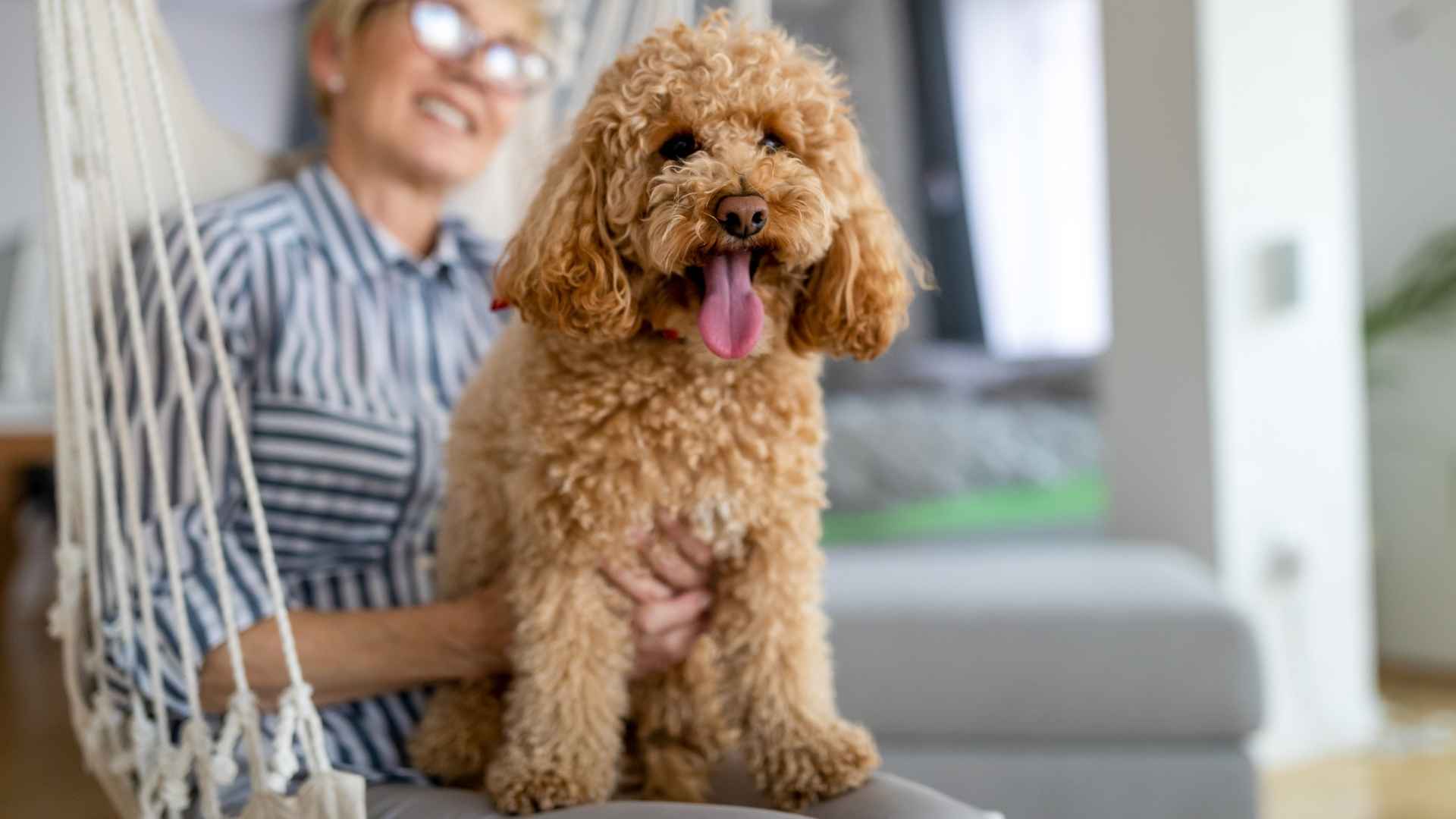Studies prove that dogs can do more than offer companionship. They truly enhance the emotional well-being of individuals with autism.
According to Sunshine Therapy Dogs studies, dogs have helped neurotypical kids by cultivating prosocial behaviors. Moreover, they reduce cortisol levels in stress situations.
Dogs act as calming anchors during sensory overload. They encourage routine, responsibility, and bonding. Their presence can provide a sense of safety and open doors to a deeper connection.
When it comes to picking the right breed for someone with autism, it is about choosing a friendly dog who can provide emotional support. But not every breed fits the requirements.
That’s why we have carefully selected 7 amazing dog breeds known for their calm temperament, loyalty, and soothing nature. These are not just pets, these are four-legged therapists!
Best Dog Breeds for Someone with Autism
For individuals with autism, the presence of a calm, gentle, intuitive dog can reduce anxiety, encourage social interaction, and bring a beautiful sense of routine.
From a cuddly lapdog or a reliable service breed, there is a perfect match for every unique personality, no matter where you lie on the spectrum.
1. Golden Retriever

Let’s start with the heart-throbs: Golden Retrievers. According to Pettable, they are the top choice as autism service dogs and therapy dogs!
It is impossible to talk about service work and exclude the amazing Golden Retrievers. These companion dogs are known for their tolerant, gentle, and friendly nature. They are highly intelligent and eager to please, making them easy to train.
Their luscious golden coats are not only beautiful but also water-resistant. They are ideal for teaching your autistic child swimming, as Goldies make excellent swimmers.

Golden Retrievers’ intuitive nature allows them to sense their owner’s emotional state. They provide emotional support during moments of stress or anxiety.
Their consistent and gentle behavior offers a calming influence, especially for those with autism spectrum disorder. You can be stress-free, even if you leave your child with this great dog.
2. Labrador Retriever
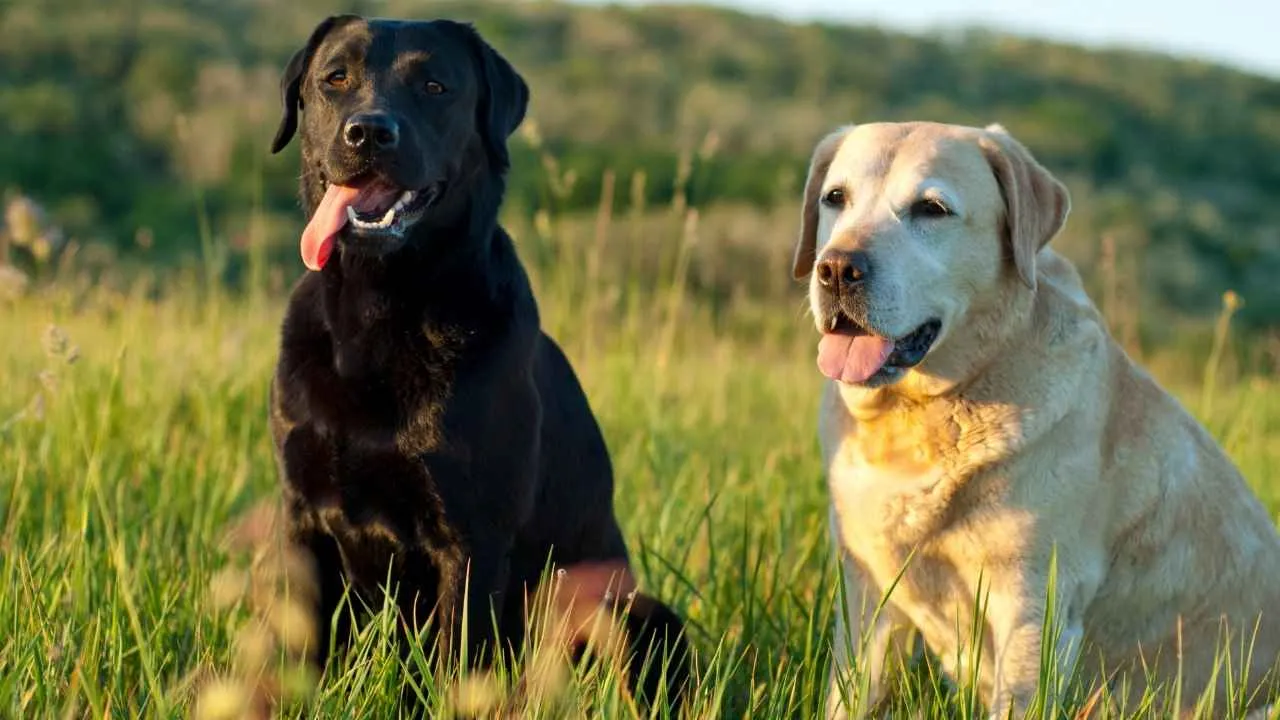
Labrador Retrievers are also great family dogs, especially if you have a child with autism. Labs are known for their outgoing, even-tempered, and gentle nature.
They are highly social and get along well with children and other animals. Moreover, they don’t shed a lot when comparing Golden Retrievers vs Labrador Retrievers.
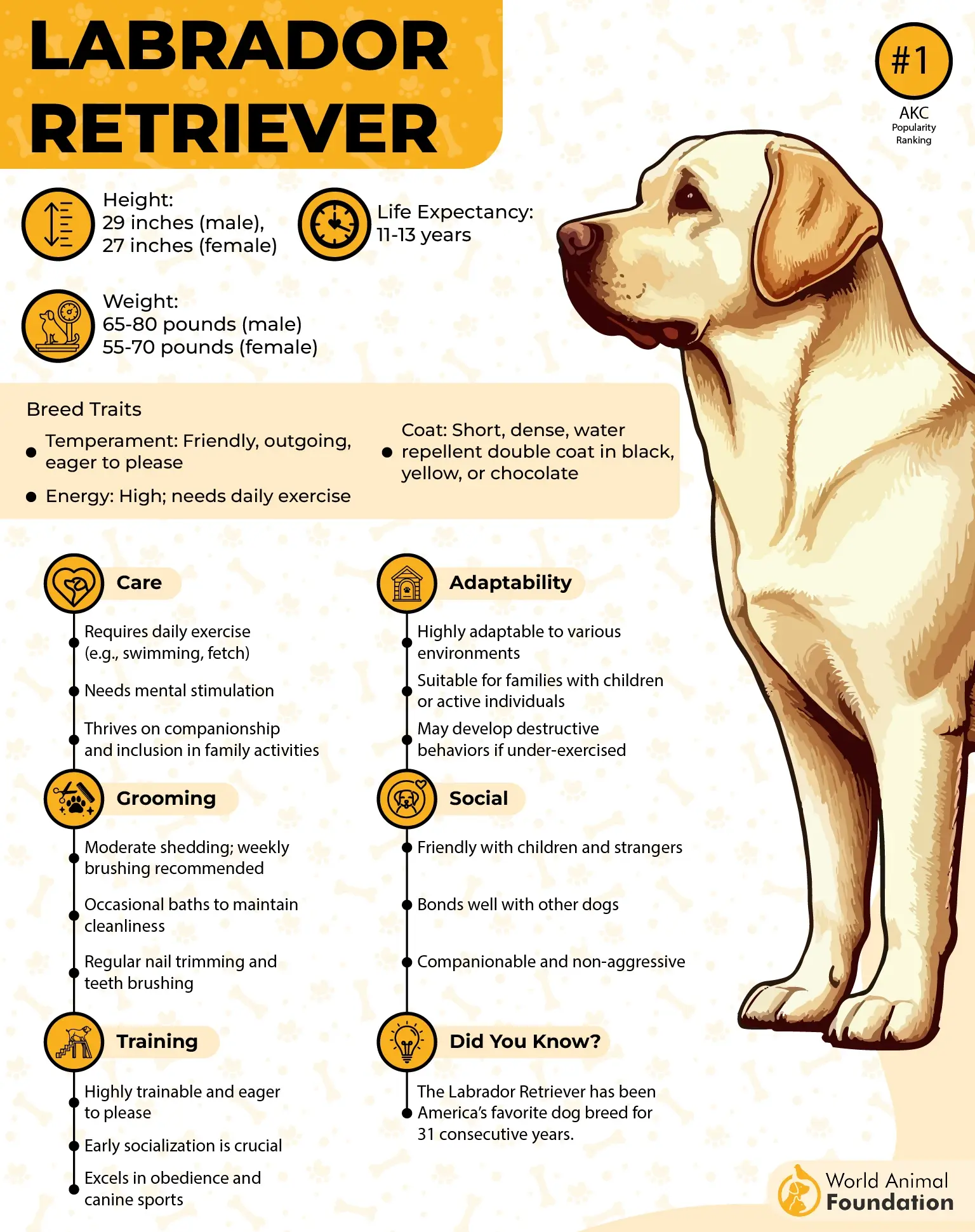
Being high-energy dogs, Labs crave playtime. They are ideal for your kids in structuring their active routines. Moreover, they thrive on mental stimulation tasks.
Labradors’ friendly and patient nature makes them excellent autism service dogs. Their trainability allows them to assist in routines and provide a sense of discipline, comforting those with autism.
3. Mountain Bernese Mountain
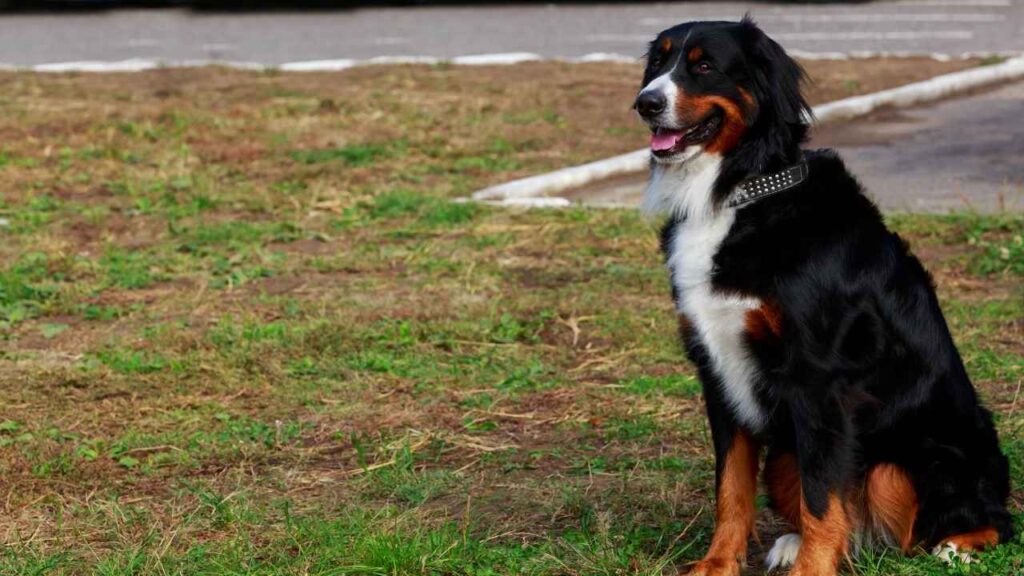
Bernese mountain dogs are the gentle giants who have an affectionate nature. They are calm and even-tempered.
They are known for their loyalty and love towards kids. Bernese mountain dogs provide emotional support, making them great for your autistic child.
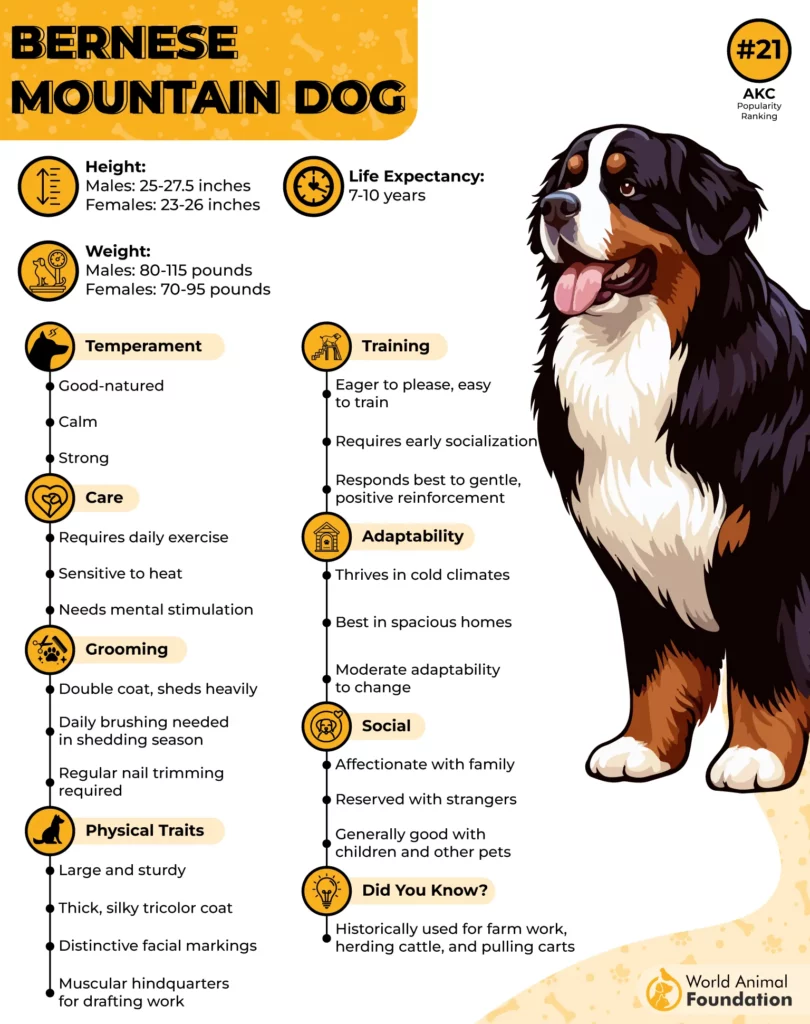
Despite their big size, moderate exercise is sufficient for this breed. Moreover, their striking tricolor coat is thick and requires regular grooming.
Their patient and gentle nature makes them excellent for regulating the emotions of an autistic child. They provide deep pressure therapy with their soft hugs and cuddles, according to Service Dog Certifications.
4. Cavalier King Charles Spaniel
They were named after King Charles II of England. Cavalier King Charles Spaniels were bred as companion dogs for the royalty, according to the Britannica.
Cavaliers are affectionate, gentle, and eager to please. They are known for their friendly disposition and adaptability to various living situations. If you live in an apartment, these are ideal for you.
While they enjoy playtime and walks, Cavaliers are equally content cuddling on the couch. It makes them great for a child with autism.
Their gentle and affectionate temperament is what makes them excellent as emotional support animals. They are particularly suited for people who may be sensitive to high-energy dog breeds.
5. German Shepherd
German Shepherds are confident, courageous, and smart. They are known as loyal companions who will protect their family members at all costs.
German Shepherds are a good choice for your child with autism, especially when you have to leave your child at home alone. This dog will protect and monitor your kid.
High-energy and intelligent, this dog breed requires regular exercise and mental stimulation. They are highly trainable to perform specific tasks.
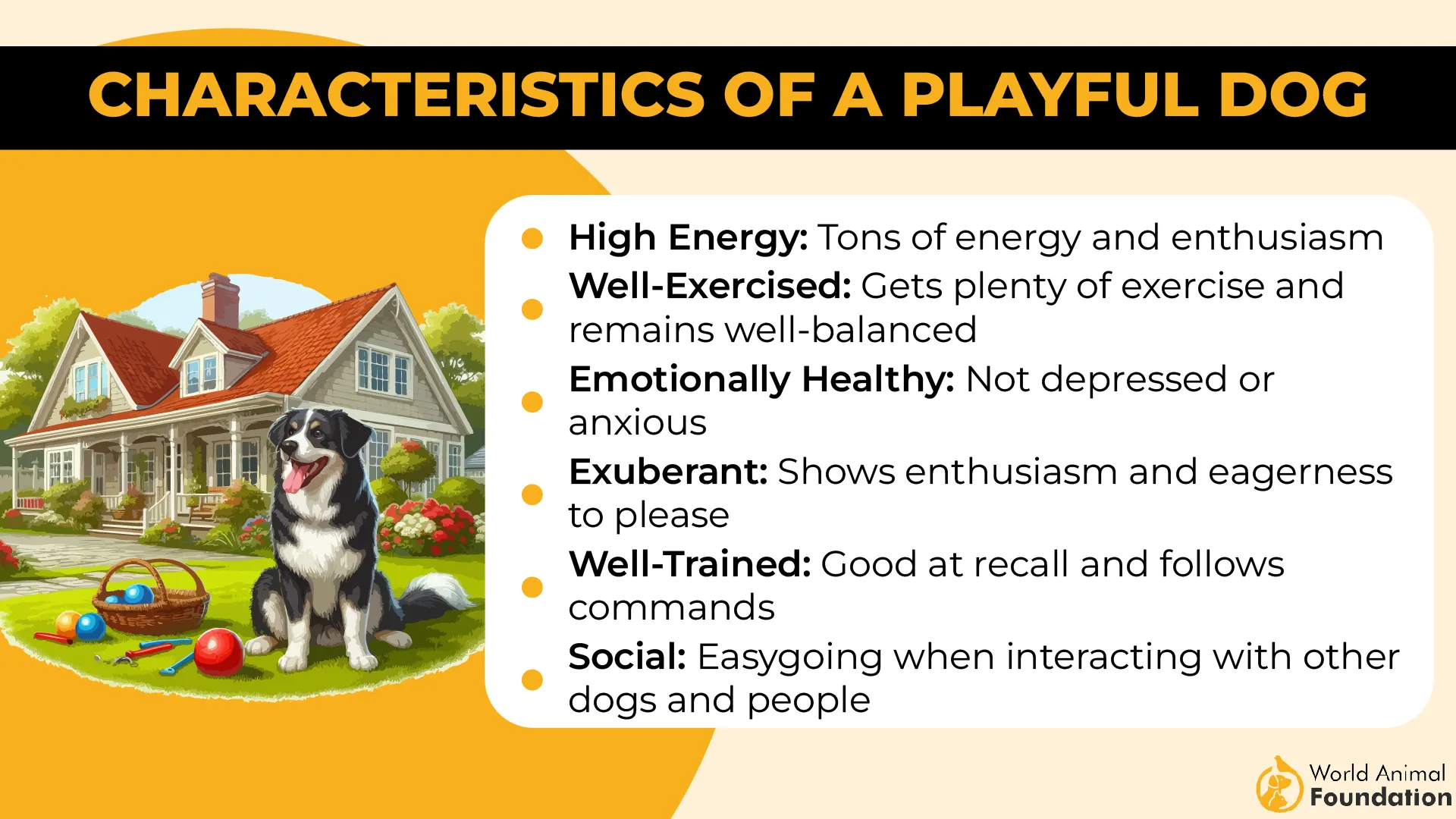
Their protective instincts make them excellent service dogs for autism. They not only provide companionship but also safety.
6. Newfoundland
Newfoundland is a gentle and large dog breed, yet it is a total sweetheart. They are patient with kids and are often referred to as nanny dogs, as per Purina.
For someone with autism, this dog breed offers a grounding presence. Their slow, steady temperament helps reduce sensory sensitivities.
Their cuddly and calm energy provides emotional support during meltdowns or anxious moments. They are also highly intuitive and sensitive to human emotions.
Plus, their loyalty and tolerance make them excellent autism service dogs. It is like having a big, furry bodyguard, therapist, and best friend, all in one!
7. Poodle
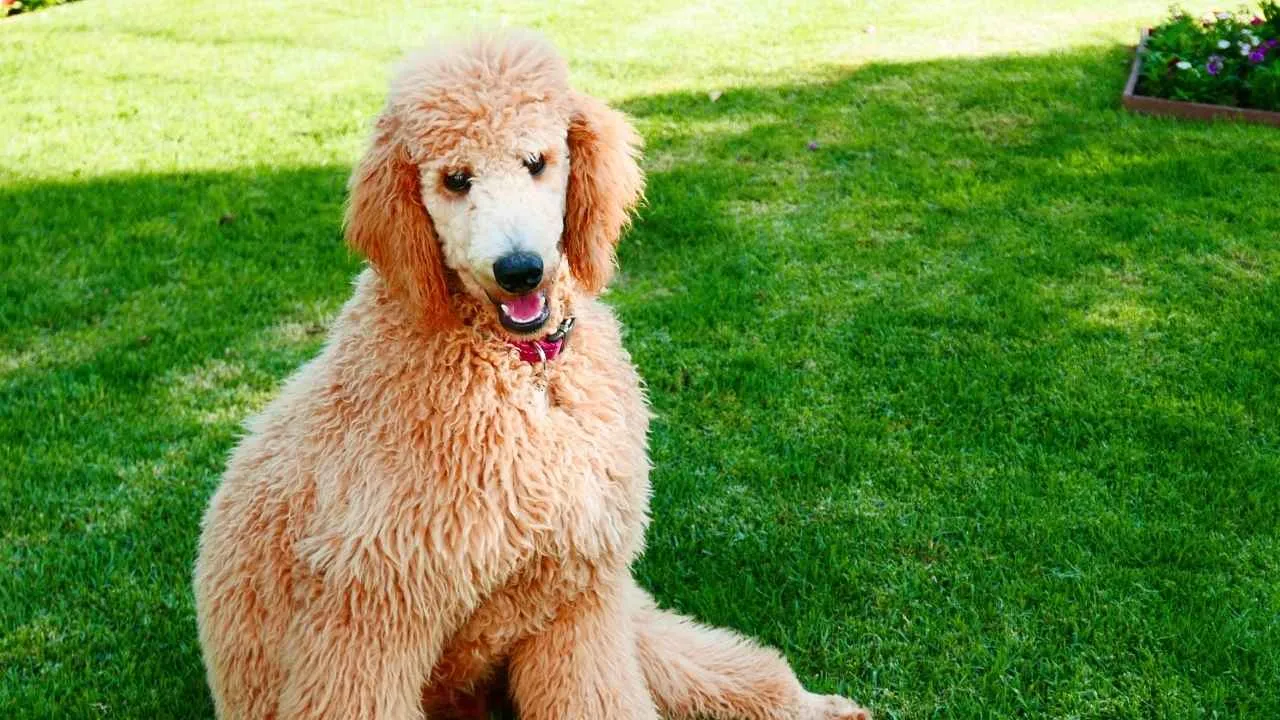
Here’s a fun fact: Poodles are the second-smartest dog breed in the world. But their brains are not their only gift. They also make incredible service dogs.
One of their standout qualities is their high trainability. For children or adults with autism who thrive on routine, Poodles are quick to pick up on commands and structure.
Their predictability and responsiveness to behavioral cues create a safe environment. They are also big fans of cuddles. Hence, they make a great autism assistance dog breed.
Another bonus: Poodles are hypoallergenic dogs. They are great for sensory-sensitive individuals with autism. Moreover, their soft fur is soothing to touch for those who seek tactile input.
Conclusion
When choosing an autism service dog, four key factors matter most: a calm, patient temperament to reduce anxiety; high trainability for mastering commands and routines; strong emotional intuition to sense and respond to stress; and sensory compatibility, such as hypoallergenic coats and appropriate energy levels. While no breed is perfect, the dogs highlighted in this blog blend these traits exceptionally well.
At the heart of it, the best dog for someone with autism is one that listens without judgment, stays calm during chaos, and offers unconditional love. Each breed we discussed satisfies the bar.
If you are considering a furry friend for someone on the spectrum, then you are not just choosing a pet. You are welcoming a therapeutic bond that can change lives.


